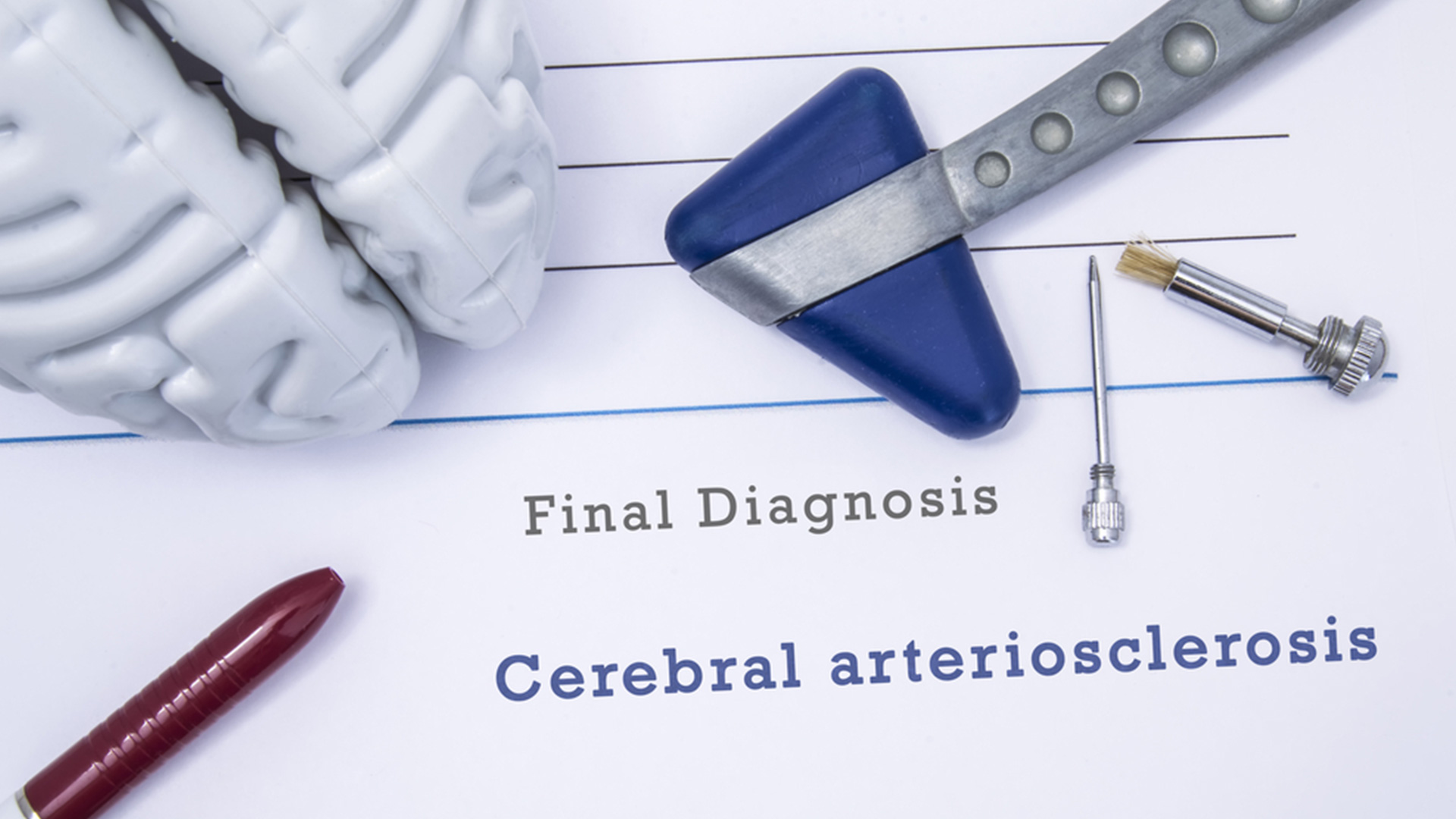The Connection Between Military Service and Cerebral Arteriosclerosis

Table of Content
- Introduction
- Understanding Cerebral Arteriosclerosis
- How Military Service Impacts Cerebral Arteriosclerosis?
- Benefits and Challenges of Understanding the Connection
- Health Implications for Veterans
- Conclusion
Summary
There are also indications of military correlates to cerebral arteriosclerosis whereby arteries in the brains are hardened due to prolonged stress, physical strain, exposure to stressful environments. Knowledge of this link enables veterans to look for required medical care and address potential future consequences of this condition. When information is provided it enhances the well-being of those who have served, as well as their health.
Introduction
It is always tough to serve in the military. It involves both the health and the strength of the mind. All of these factors create potential for influencing the internal health mechanisms hence may have implications on long term health. To this list one has to add cerebral arteriosclerosis which is claimed to be a typical condition of veterans. It causes condition that solidifies the arteries of the brain which in turns reduces the blood flow.
If long term it affects the cognitive as well as the physical well-being of an individual. Knowledge concerning the relationship between military service and cerebral arteriosclerosis is crucial to the veterans and healthcare givers.
Understanding Cerebral Arteriosclerosis
Cerebral arteriosclerosis refers to hardening and narrowing of arteries supplying the brain. This cuts off the blood supply to our brain which may cause stokes, loss of memory and other complications. This is common, but such factors as vulnerable age, high-stress work, and especially sectors such as the military, may be a risk factor. It is believed that veterans can be more vulnerable to such a disorder thanks to long-standing exposure to severe climate and stress factors.
How Military Service Affects the Risk of Cerebral Arteriosclerosis?
Veterans work under pressure that exerts a tremendous amount of pressure on the cardiovascular system for a long period. Combat, high stress occurs where the body releases stress hormones especially adrenalin and cortisol. Even though these hormones are effective in a short-term setup, research shows that taking them regularly can lead to high blood pressure and further harm arteries.
Besides, veterans can act after being exposed to various chemicals, climates and smoke which also raise the risk of arteriosclerosis. Research shows that physical pressure that takes a long time and severe working conditions also cause high blood pressure and increase the chance of hardening arteries in the brain.
Benefits and Challenges of Understanding the Connection
Recognizing the link between military service and cerebral arteriosclerosis is important for both veterans and healthcare providers:
- Awareness: Awareness of the relationship helps the veterans better track their symptoms. That is why its early signs help to initiate appropriate treatment measures thus decelerating the development of the disease.
- Access to Benefits: It is uncertain but those veterans who have been diagnosed of cerebral arteriosclerosis may be eligible to receive treatment through VA health care. It can avail them such treatment as medication and lifestyle advice that’d otherwise not be possible.
Nevertheless, obtaining the understanding of this connection can also be problematic at times. Emotional stress may ensue once veterans get to know their new and higher associated health risks. Further, the procedure of bargaining the benefits system might be cumbersome and may take time if the service-related connection with cerebral arteriosclerosis requires support from other papers.
Health Implications for Veterans
It may cause symptoms that deter normal functioning of the body and different mental processes. If the cerebral arteriosclerosis is not treated, the consequences may be rather serious, such as strokes or transient ischemic attack (TIA). Veterans may experience:
- Cognitive Symptoms: Mild memory problems, difficulty with understanding things, and slower thinking.
- Physical Symptoms: Migraines headaches; vertigo, and an elevated propensity to thrombosis.
- Emotional Impacts: Concern with health consequences that influence general psychological status.
Available traditional treatment usually entails making some changes such as change of diet and exercise regime besides other medical solutions which are aimed at regulating blood pressure besides preventing any further progression in the hardening of arteries.
Conclusion
Cerebral arteriosclerosis is one of the health concerns affecting the veterans with emphasis on physically and mentally challenging services they undertake. It is recommended that veterans with this kind of condition should be educated on the condition so that get treated early and be provided with the support that they require. Greater awareness of this link might help save lives of veterans by providing them the support they need to stay healthy and live as comfortably as possible.

